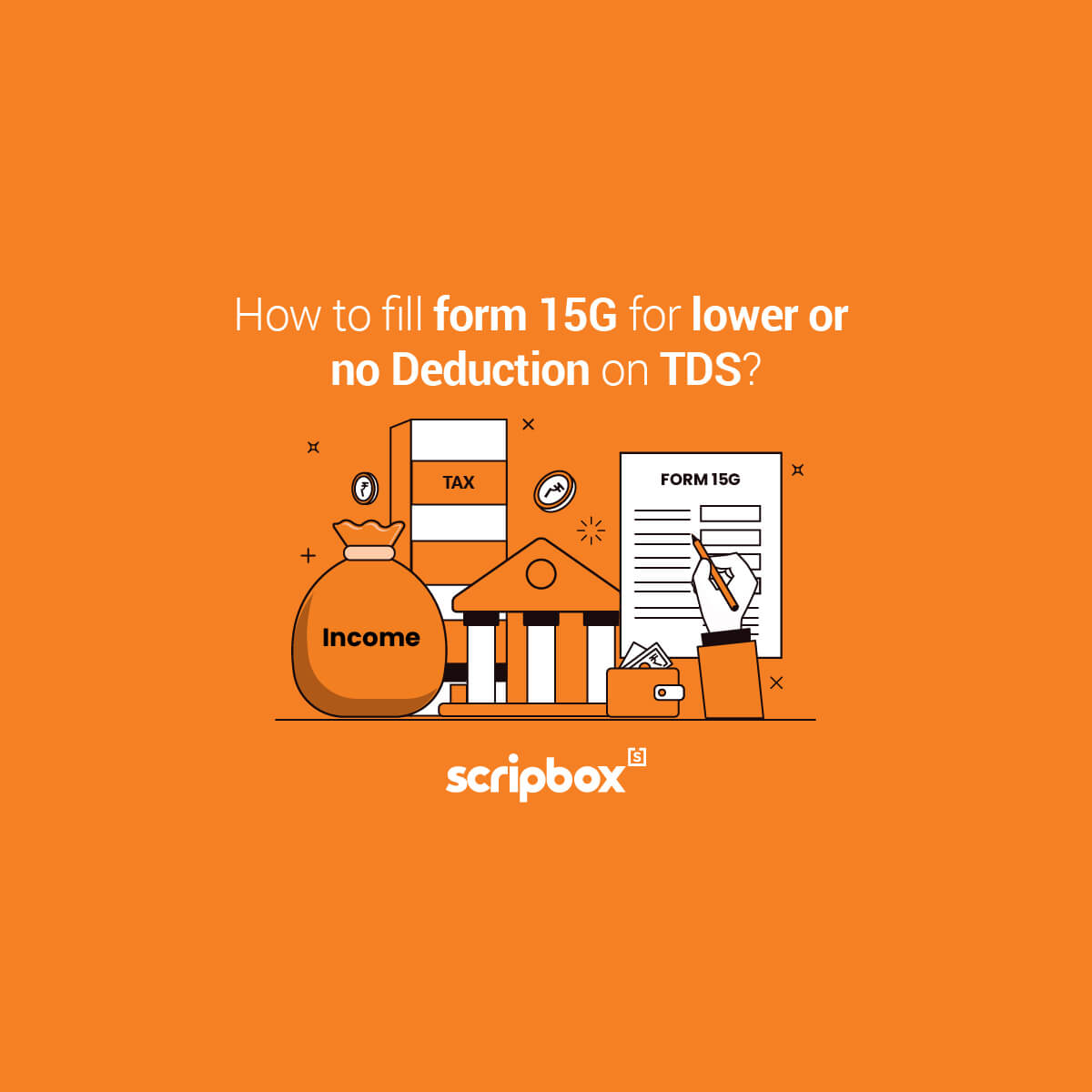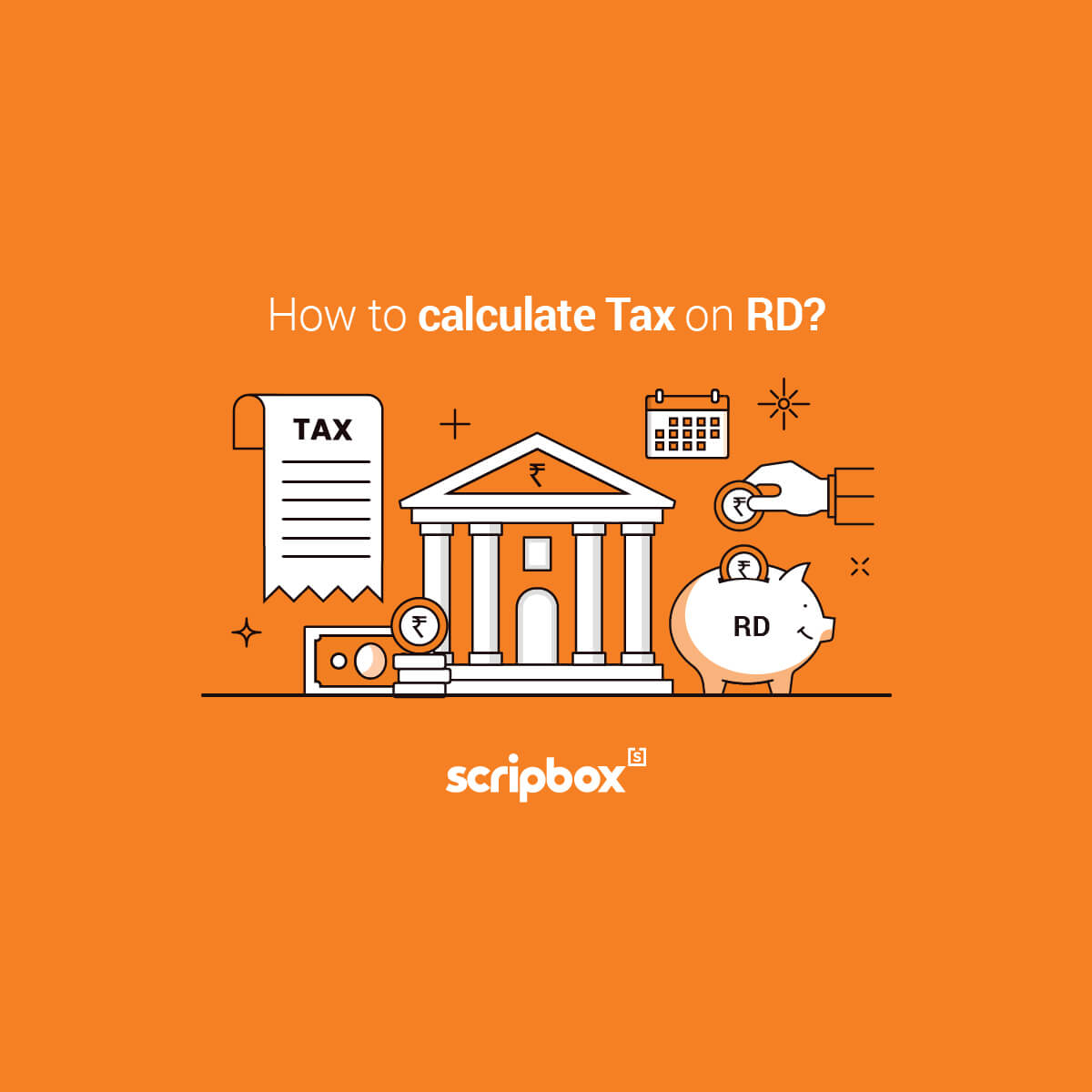Corporate Tax in India is applicable to a company. It is a subset of direct taxes in India. In this article, we have covered corporate tax, India in-detail, its applicability, tax payment, applicable tax rate, and filing of ITR.
What is Corporate Tax in India?
In India there exists two types of taxes namely, direct and indirect taxes. The direct taxes are popularly known as the income tax. While indirect taxes are all merged into goods and services tax GST. Income tax is applicable to different types of taxpayers. Any person having a taxable income in a financial year is subject to income tax in India. A person includes an individual, HUF, partnership firms, association to persons, body of individuals, and companies.
Corporate Tax in India is a part of the Income Tax Act, 1961 that is applicable on the companies registered in India. Personal income tax is applicable to individuals taxpayers who are subject to an income tax slab rate.
Who are the Corporates For Tax in India?
A corporate or a company is a separate legal entity that is formed by individuals to run a business for a common goal. A corporate or company is legally binded by the Companies Act, 2013 in India. A company can be a private or public company depending on the ownership held by shareholders. For the purposes of taxation, corporate tax is applicable on domestic as well as foreign companies.
| Domestic Company | Foreign Company |
| As per Section 2(22A), “domestic company” means an Indian company, or any other company which, in respect of its income liable to tax under this Act, has made the prescribed arrangements for the declaration and payment, within India, of the dividends (including dividends on preference shares) payable out of such income | As per Section 2(23A) “foreign company” means a company which is not a domestic company. Basically, a foreign company is a corporation that is registered in a country located outside India. It may or may not have a permanent establishment in India. |
| A domestic company is subject to corporate tax on universal income. | A foreign company is subject to corporate tax on an income earned within India. Such income can be accrued income or received income. |
Sources of Income for Corporate Tax in India
| Source of Income | Description |
| Income from Renting Property | The property should consist of any building or land appurtenant thereto. The company must own the property. |
| Profits and Gains from Business | Profits and losses earned by the company from the business carried on during the financial year |
| Capital Gains | Capital gains on account of the sale of a capital asset during the financial year by the company. The capital assets being transferred must be owned by the company. |
| Income from Other Sources | Any income which is not chargeable to tax under any other heads of income and which is not to be excluded from the total income shall be chargeable to tax as residuary income under the head “Income from Other Sources”. For a company, income from other sources includes interest from investments, ancillary income, interest income, discounts, etc. These income sources are not earned directly from the business. |
Payment of Corporate Tax India
Corporate Tax Rate in India
Domestic Company
| Type of Income for Domestic Companies | Rate of Corporate Tax For Assessment Year 2022-23 |
| Where the total turnover or gross receipt during the previous year does not exceed Rs. 400 crore | 25% |
| Where Domestic Company opted for Section 115BA | 25% |
| Where Domestic Company opted for Section 115BAA | 22% |
| If Domestic Company opted for Section 115BAB | 15% |
| Any other domestic company | 30% |
Foreign Company
| Type of Income | Rate of Corporate Tax For Assessment Year 2022-23 |
| Royalty received from the Government or an Indian concern in pursuance of an agreement made with the Indian concern after March 31, 1961. Fees for rendering technical services in pursuance of an agreement made after February 29, 1964, but before April 1, 1976, and where such agreement has, in either case, been approved by the Central Government | 50% |
| Any other income | 40% |
Surcharge
| Condition | Domestic Company | Foreign Company |
| If total income exceeds Rs 1 crore but does not exceed Rs 10 crore | 7% of total income tax liability | 2% of total income tax liability |
| If total income exceeds Rs 10 crore | 12% of total income tax liability | 5% of total income tax liability |
Health and Education Cess
In addition to the income tax and surcharge, health and education cess will be leviable at a rate of 4% of such income tax and surcharge. The applicability of health and education cess is the same for domestic as well as foreign companies in India.
Minimum Alternate Tax
The domestic, as well as foreign companies, are liable for a minimum alternate tax MAT. The MAT is applicable to any company if the tax payable under normal tax provisions is less than 15% of the book profit. The minimum alternate tax is payable at a rate of 15% of book profit along with surcharge and cess. There is no change in the applicability of surcharge and cess due to the applicability of MAT.
Advance Tax
The domestic, as well as foreign companies, are liable for advance tax. The advance tax must be calculated on the basis of the expected tax liability for the financial year. The advance tax is payable in instalments during the financial year. Any tax paid until 31st March is considered as an advance tax payment. To deposit advance tax you need to fill the relevant columns of challan ITNS 280 and submit. While depositing the advance tax, you must always select the assessment year carefully. A mistake in selecting the assessment year would create a hassle for you in taking the credit against payment of tax.
TDS/ TCS
Every company must obtain a PAN as a tax identification number. To deduct TDS and collect TCS each company must obtain a TAN number as well. The tax deducted at source and collected at source is a common and usual practice for companies. A company would have tax credit and deduct TDS/ TCS for other companies. Hence, Form 26AS is an important document for a company to check their tax credit, advance tax, and self assessment tax.
Income Tax Return (ITR)
Every company must furnish the income tax return prescribed under section 139(1) on or before the due date. Along with ITR filing, ITR verification is also a mandatory requirement. An income tax return is an attachment-less form. Hence, a company is not required to attach any documents as proof of expense, income, investment, tax challans, etc. However, each taxpayer must retain the necessary documents so that the taxpayer can produce those during assessment and inquiries. The due date for filing the income tax return ITR is 31st October until and unless the Income Tax Department provides an extension. Further, a company cannot file the ITR in paper form. It must submit ITR electronically under a digital signature.
The following table shows the applicability of ITR forms for the type of taxpayers
| Condition for Applicability | ITR Form |
| For any company (Not Applicable to any company claiming an exemption under section 11) | ITR 6 |
| Companies who are required to file ITR as per sections 139(4A) or 139(4B) or 139(4C) or 139(4D) only | ITR 7 |
Frequently Asked Questions
A company is considered to be a resident taxpayer if it is an Indian company and holds a place of effective management in India. Moreover, the “place of effective management” means a place where key management and commercial decisions that are necessary for the conduct of the business of an entity as a whole are, in substance, made.
Yes, a company can file ITR after the due date. If a taxpayer files their ITR after the due date then it is considered as a belated return. A taxpayer can submit a belated return within 3 months before the end of the AY or before completion of the assessment, whichever is earlier.
Yes, you must retain the ITR and other supporting documents as proof for the purpose of assessment of income. Retaining your ITR is quite simple if you have filed ITR electronically. The ITR filed will be stored in your income tax account. It is recommended to retain the documents as long as you can with a minimum period of 6 years.
Yes, even if a company pays the entire tax liability as an advance tax it is liable to file ITR. The applicability and filing of ITR are not dependent on payment of advance tax and self-assessment tax.
Related Articles
- Confused if your portfolio is performing right enough to meet your goals?
- How long have you been investing in mutual funds?
- What is your current portfolio size?
- What is your approximate annual household income?
- Your profile does not qualify for a call with a Financial Expert.
- What is Corporate Tax in India?
- Who are the Corporates For Tax in India?
- Sources of Income for Corporate Tax in India
- Payment of Corporate Tax India
- Income Tax Return (ITR)
- Frequently Asked Questions























Show comments